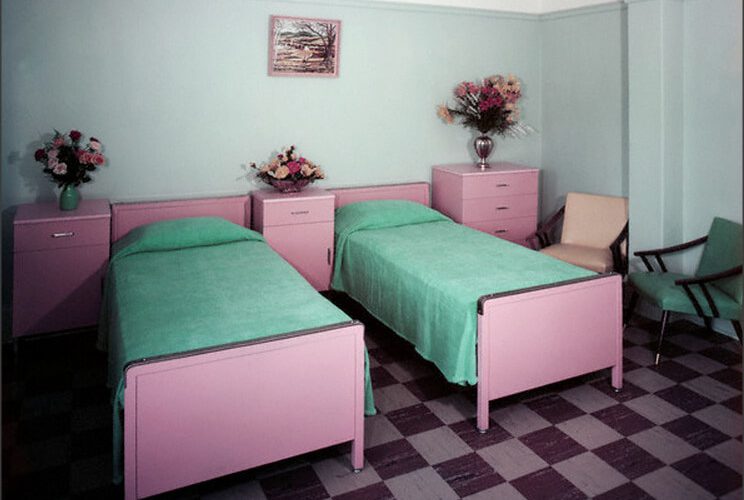Owner Disputes Nebraska DHHS Withdrawal of Nursing Home’s License after Flood
The owner of a Nebraska nursing home, whose license was revoked over concerns about the facility’s ability to meet waste, sanitation, hydration, and bathing needs of the residents, argues that the DHHS made a wrong decision.
After getting a call from the fire department instructing them to evacuate due to floodwaters, the owner said they moved the facility’s 46 residents to an auditorium in a nearby town. The DHHS was concerned that the facility could not provide all care the residents needed, and this precipitated the notification to the facility that it should evacuate either voluntarily or involuntarily.
The nursing home was not damaged. Two days later, the DHHS informed administration that residents could return to the facility if their needs could be met.
According to the owner, the facility had waste management plans and adequate amounts of emergency water to care for the residents, the staff, and for food preparation. The staff used bottled water for drinking, cooking, and handwashing—they also used hand sanitizer. They bagged waste and placed it in sanitary bins.
The owner was critical of the DHHS because there was no on-site review of the facility’s emergency plan and provisions. She said DHHS used what the owner described as extreme measures to move the residents without handicapped accessible vehicles.
A hearing has been set by the DHHS for April 23, to consider reinstating the nursing home’s license.
Compliance Perspective
Failure to provide for the basic care needs of residents (waste management, sanitation, hydration, and bathing needs) after an emergency has compromised the facility’s water supply and sewage system may be considered a violation of required standards by a State’s Department of Health and Human Services and result in revocation of a facility’s license.
Discussion Points:
- Review policies and procedures regarding the Emergency Preparedness Plan and the potential contingency requirements for meeting the care needs of the residents when the water and sewage systems are compromised.
- Train staff on the policies and procedures and how to execute the protocols included in the Emergency Preparedness Plan regarding flooding and/or compromised water and sewage systems.
- Conduct mock drills to test staff’s effectiveness in responding to protocols of the Emergency Preparedness Plan, e.g., flooding and compromised water and sewage systems.













































































